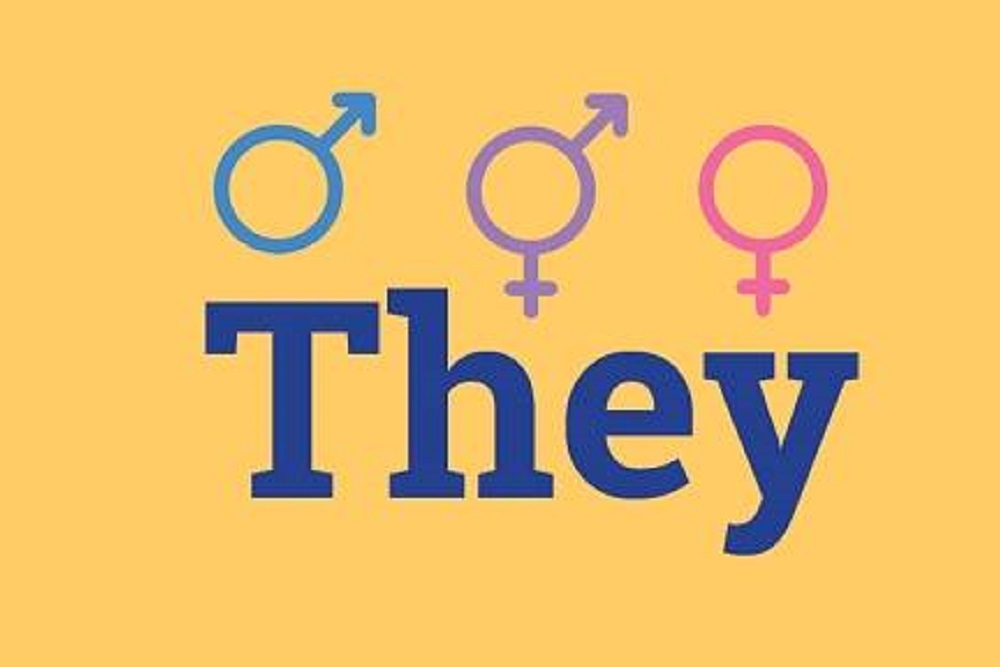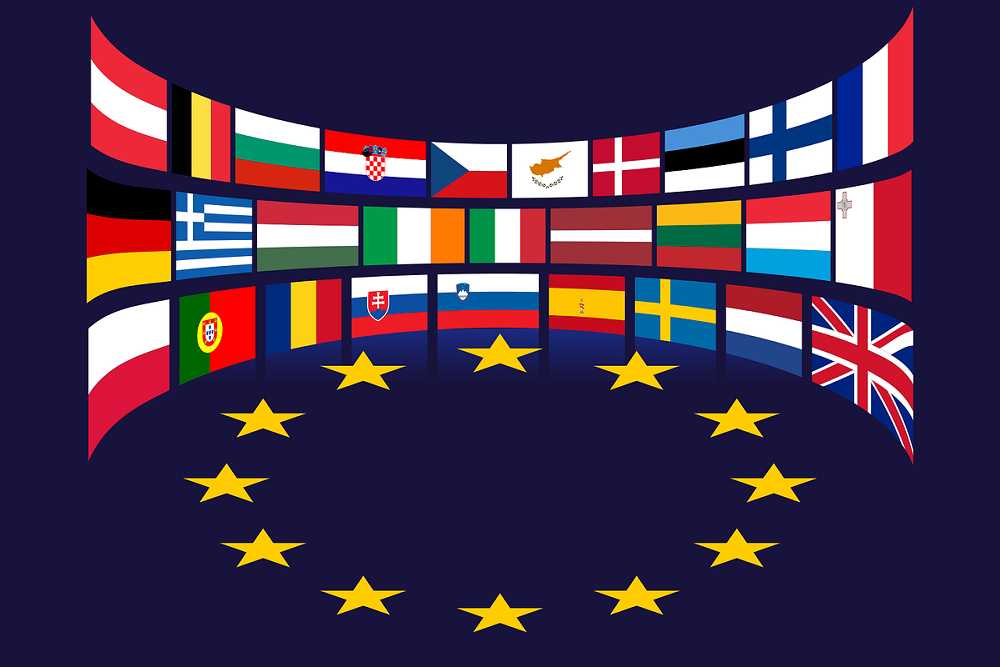The singular pronoun “they” has been voted word of the decade by linguists in the United States of America, who said it embodied 2010 to 2020.
According to the American linguists, “they” was chosen as their Word of the Decade because of the growing use of third-person plural pronouns as a singular form to refer to people who identify their gender as neither entirely male nor entirely female.
The American Dialect Society also bestowed its word of the year honors on the increasingly common practice of introducing oneself in correspondence or socially by the set of pronouns one prefers to be called by declaring in an email.
The Word of the Decade 2010-2019 is gender-neutral singular "they"! #wordofthedecade #woty19
— American Dialect Society (@americandialect) January 4, 2020
Ben Zimmer, a linguist, and lexicographer chaired the group as two awards were given out in New Orleans by about 350 members of the society at its annual meeting of academics, graduate students, and word lovers who voted by a show of hands, for the word of the decade.
The most popular pick for the Word of the Year is the pronoun “My,” a reflection of “how the personal expression of gender identity has become an increasing part of our shared discourse,” the society said in a statement announcing the outcome.
Linguists, lexicographers, etymologists, grammarians, historians, researchers, writers, editors, scholars, and students comprise the 131-year-old ADS group.
Other Word of the Decade nominations
#BlackLivesMatter; the hashtag used to protest alleged disparities in police use of force against African Americans.
Climate change, reflecting increased interest in the impact of climate change.
#MeToo; the movement that has highlighted widespread patterns of sexual abuse and harassment that women have faced at the hands of men across many spheres of life, including business, politics, and entertainment.
Notably, the group was founded in 1889 and aimed at the study of the English language in North America, just like English Forum is aimed at enhancing the English language generally.
The group started selecting its “Word of the Year” in 1991 and since then has picked only two other Word of the Decade winners. Top choices were “Web” for the 1990s and “Google” as a verb for the 2000s.
Other Word of the Year nominations for 2019 included:
Cancel; meaning to withdraw support from someone or something that is considered problematic or unacceptable, used in the phrase “cancel culture.”
Karen; the stereotype of a complaining, self-important, demanding white woman, typically a member of Generation X or “Generation Karen.”
OK Boomer; described as a retort to someone older, typically a member of the Baby Boom generation, who expresses views that are out-of-touch or condescending to young people and their concerns.
Various group reactions
The declaration of “they” as the Word of the Decade, has aroused joy and approval by multiple groups and individuals.

Popstar Sam Smith expressed his approval on social media, noting that their preferred pronouns were “they” and “them,” an announcement inspired by a lifetime of being at war with my gender.
Pramila Jayapal spoke about her gender-nonconforming child while advocating for LGBTQ rights legislation during a House committee hearing in April, and historic Pride celebrations were commemorated in June.
In related headlines, Merriam-Webster also recently declared “they” as its 2019 Word of the Year. “They” seized the top spot in the annual, data-driven list after receiving a 313-percent search increase on the dictionary publisher’s website in comparison with 2018.







